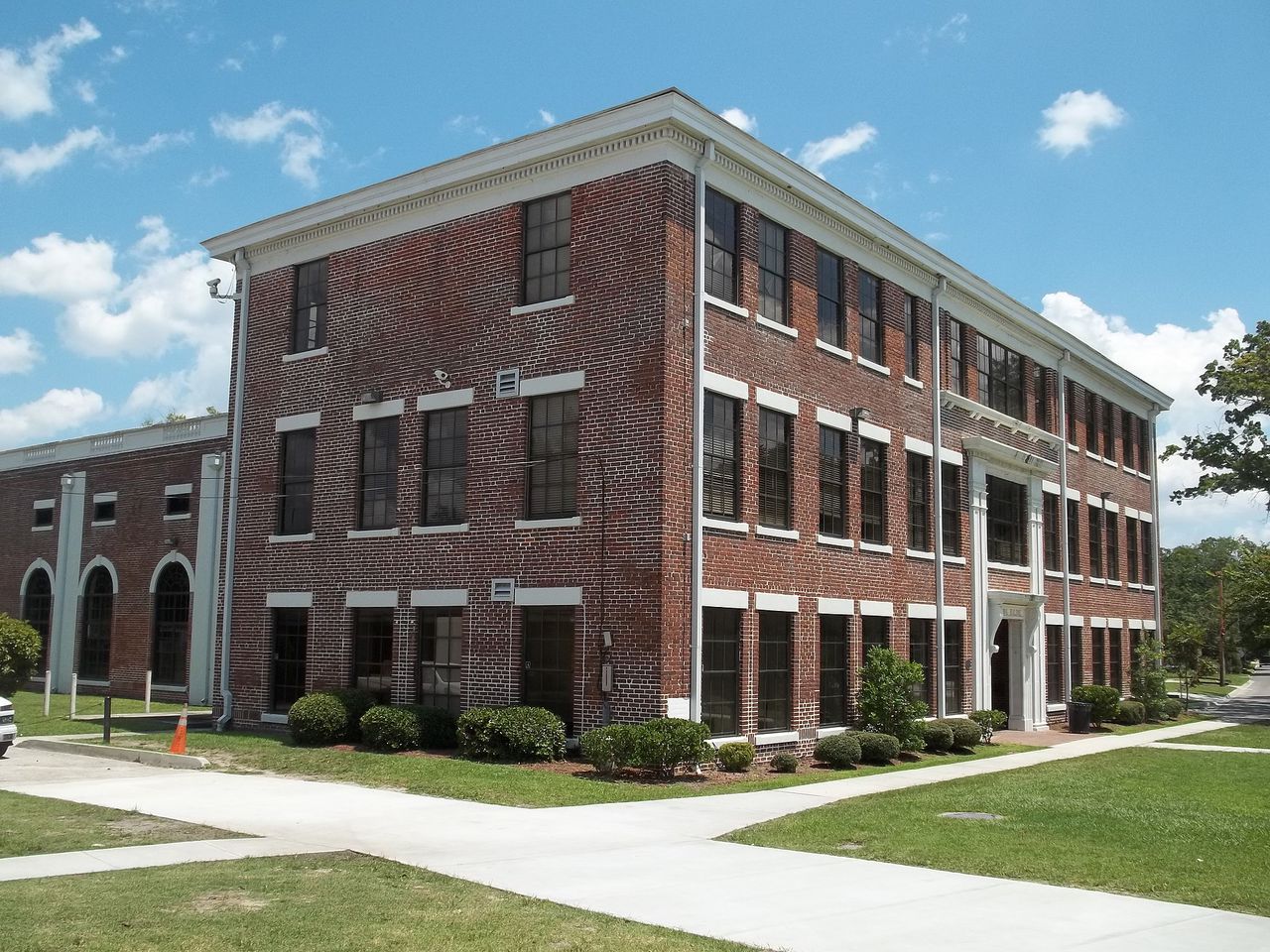Edward Waters University: 7 facts about the HBCU in Jacksonville, Fla.
Before killing three African American shoppers in Jacksonville, Florida, a racist white gunman had an encounter with campus security at Edward Waters University, a historically Black university, which later issued a campus-wide lockdown.
A private, Christian school where about 2,000 students are enrolled, Edward Waters isn’t well known outside of Florida or circles with deep knowledge of HBCUs.
However, the school has a rich history that shouldn’t be overshadowed by the weekend’s tragic events.
Here are several more fascinating facts you should know about Edward Waters:
- Edward Waters is known as Florida’s first independent institution of higher learning and the first to be established for the education of African Americans. The legacy of their university is rooted in the African Methodist Episcopal (AME) Church.
- While the institution has existed for more than 155 years, in 2021 they changed their name from Edward Waters College to Edward Waters University.
- 89% of Edward Waters students are on Pell grants. And the school doesn’t require minimum SAT or ACT scores.
- According to a 1982 New York Times story, Edward Waters was at the time placed on a list of schools that were ineligible for student loan funding because graduates’ default rate exceeded 25%. That list included a number of other HBCUs.
- The former college President Nathaniel Glover is a 1966 graduate of the school. And he ultimately became Florida’s first black sheriff since Reconstruction.
- At 43 years old, Dr. A. Zachary Faison Jr. holds the distinction of being one of the youngest presidents and CEOs at an HBCU and in Edward Waters’ history.
- John Oliver Killens, an alumnus who went on to become an novelist, said in a 1964 interview that “the white man’s failure to comprehend the powerful emotions under which Negroes are laboring is responsible for an explosive danger in the racial struggle.” Killens continued: “White people still want their Negroes to have white insides under their black skins. They won’t find them because the Negroes today no longer want to ape the white man nor do they any longer believe that what is ‘white is right.’ Negroes are recovering their racial identity, their pride in being black, and don’t want to imitate the white man.”
